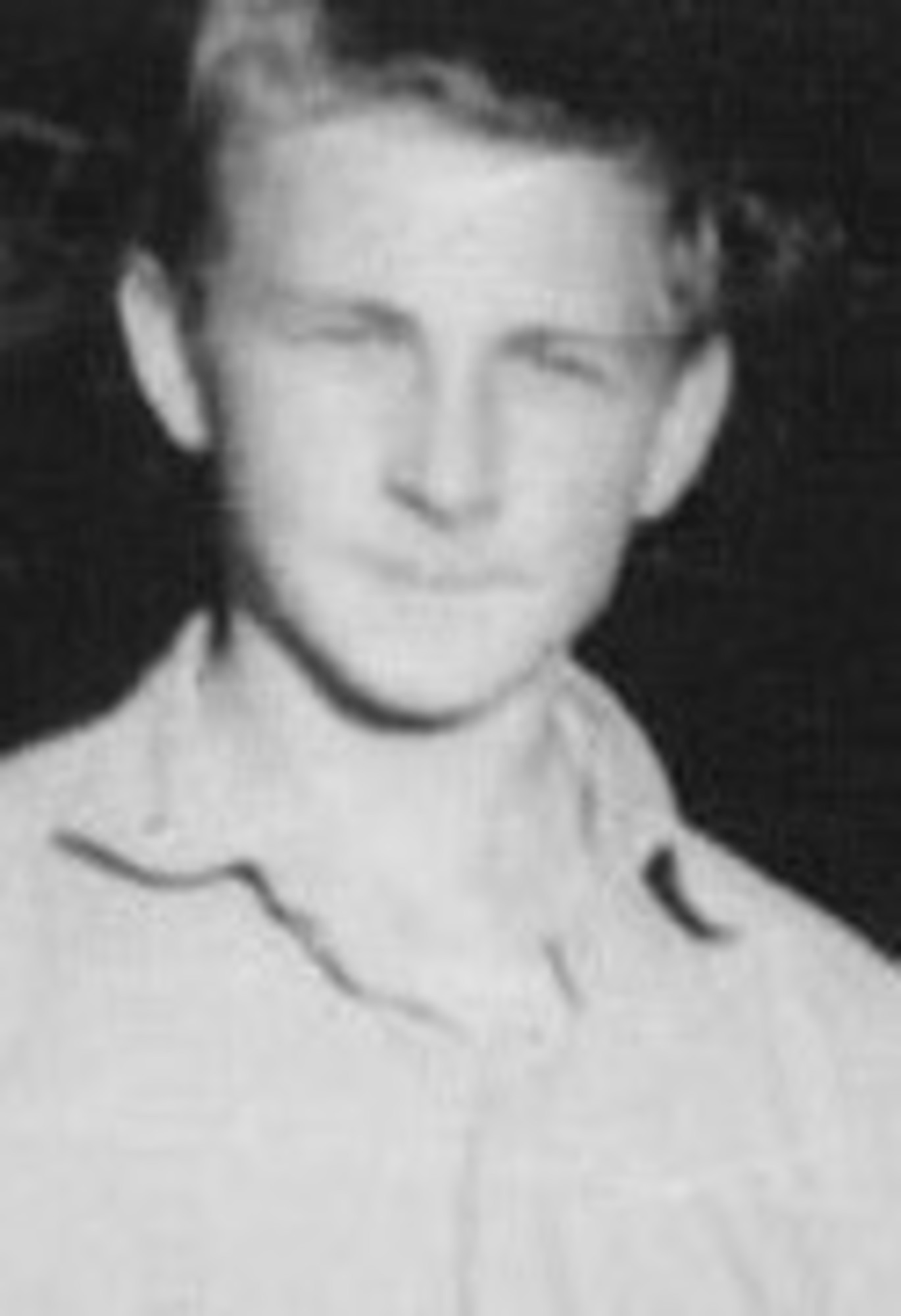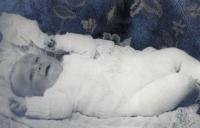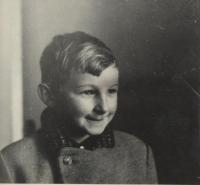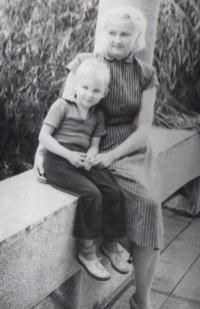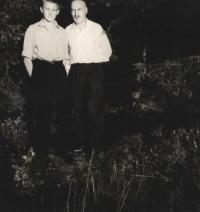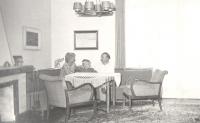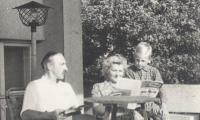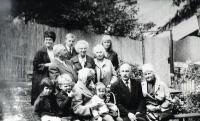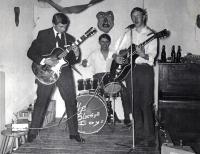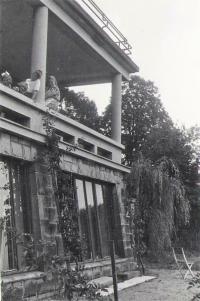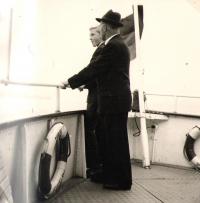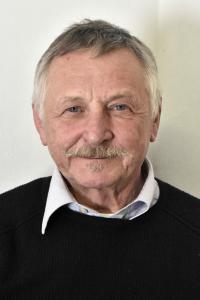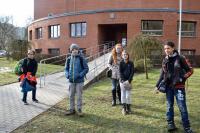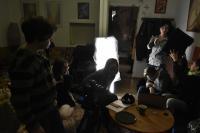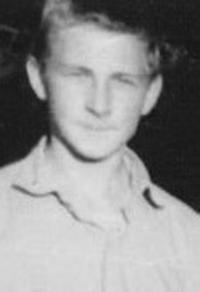“And an inexplicable twist of fate happened. My father always tried to apply for a visiting permit, not emigration, a visit – emigration was out of the question. And by some mysterious chance, it happened that our whole family received permission to visit our granddad in Vienna, which was kind of a humanitarian matter, things weren’t quite as cruel as initially under Communism. But either way the relevant authorities had to give their permission. Well, in some way with regard to my mother’s place of employment, she then worked at a fruit and vegetables storage house, first as a bank clerk, then she dropped into this kind of position. The management had no issue with it, my father’s management had no issue with it either. I had just finished school, back then, I was completing my ninth year, so no one had anything against it either because there wasn’t anyone to take issue with it. Well, and Grandma, that is, my father’s mother, she was a senior, a pensioner, so there wasn’t anything there either. So by a complete fluke these two components came together that as by chance, it wasn’t fixed by anyone, we all got permission to emigrate [sic, probably ‘to visit’ – trans.]. Well, and then it started, of course. Father said: ‘We have to leave immediately before they find out.’ Because if they found out that we were all going, that we had the permission, they would have stopped it, of course, mainly the District National Committee in Semily, they would have certainly intervened. And the NSC [National Security Corps, the police – trans.], right, because they did interrogations at our place, and we’d previously had our house searched, and stuff like that. Well, so Dad bought tickets for a north-going train, but we went south. Then we crisscrossed the country. We only had the bare summer necessities with us, of course, it was summer, August, 4 August 1964. And we only had the bare necessities with us, like for a visit, so some underwear and some lighter clothes, basically a small suitcase, or it’d be hard to travel. So we crisscrossed the country. We set out towards Prague, then we travelled to Brno, until we reached Bratislava. And there was a Czech-Austrian border house there, and because we had that visa to Austria, we were allowed to travel to Austria, of course. But we wanted to really speed it up, and by chance there was this interesting opportunity, a Russian boat that sailed from Bratislava to Vienna somehow, for passengers, it wasn’t a military vessel, a kind of speedboat. Well, and Father thought it would be kind of inconspicuous if we travelled to Vienna in the Russian boat. Which is what we did, so they took us on willingly, and then we went by that speedboat to Vienna. And Father said, just in case something happened, to jump overboard into the war, without Grandma of course, but us stronger ones, younger, and to head for the left bank, not the right one. But that wasn’t necessary in the end, thank God. So we disembarked in Vienna, where we were awaited by my granddad, who then took care of us in Vienna.”
